In recent years, millions of people around the world have been working both to create and also to purchase sustainable products to ensure that the side effects of climate change don’t push our planet to the breaking point.
Electric vehicles are one of the most ingenious and popular options for those trying to make environmentally friendly choices. However, EV sales are slowing down significantly, and some wonder if the world’s governments will have to take action to increase the number of EVs on the roads.
How Many Electric Vehicles Are on the Road?
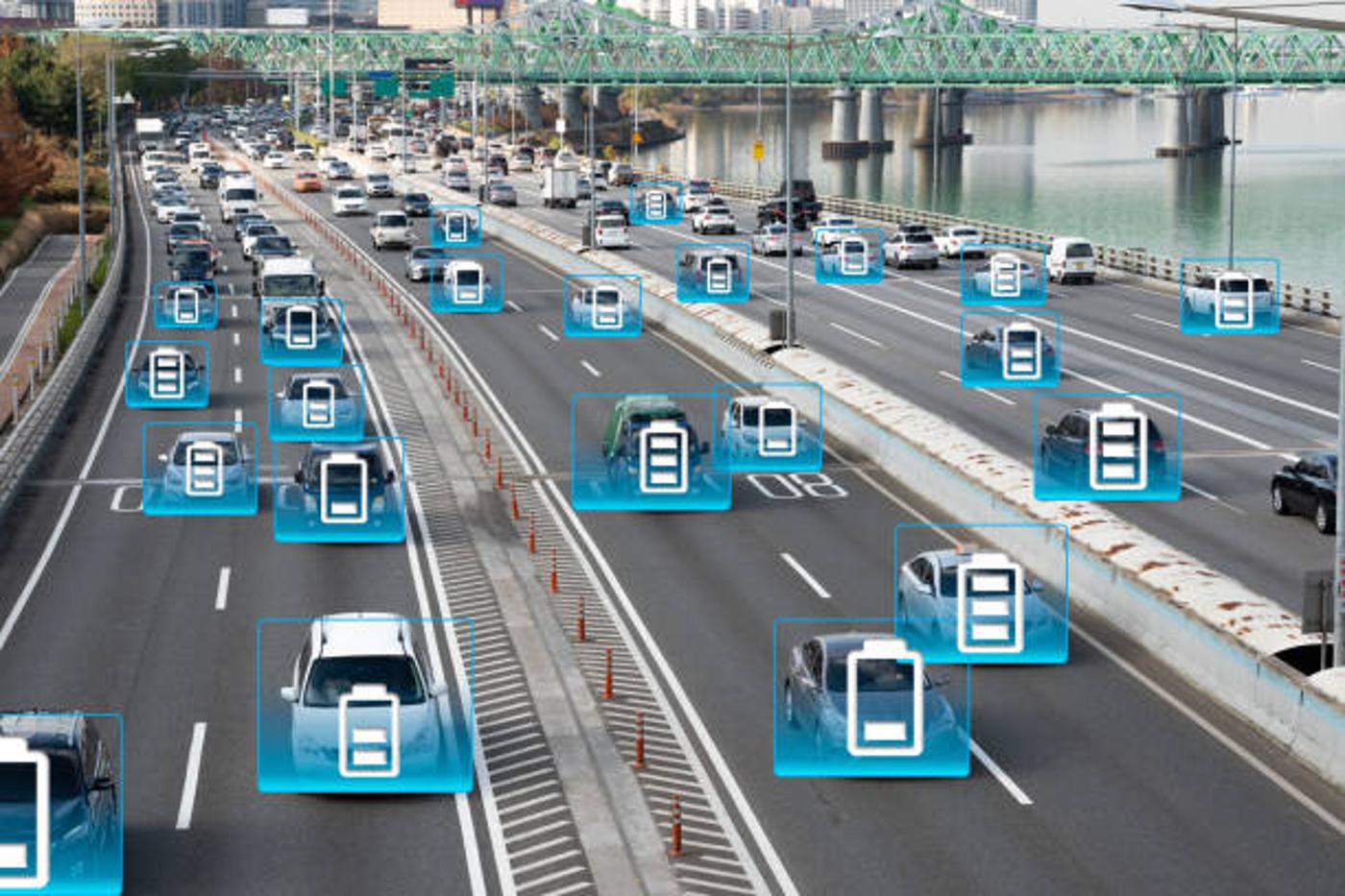
According to the BBC, as of 2023, there are a total of 45 million EVs on the road all over the world, more than 2.4 million of which are registered in the United States. The United Kingdom is home to 1 million EVs, and in China, more than 8.1 million of the nation’s 329 million vehicles are fully electric.
Eight out of 329 may seem inconsequential, but that 8.1 million is a 35% increase from the number of EVs in China in 2022. Additionally, 40% more EVs were sold in the US in 2023 than they were in 2022. Which, by anyone’s standards, signifies significant growth and success for the industry.
Electric Vehicle Sales Are Down for Q1 of 2024
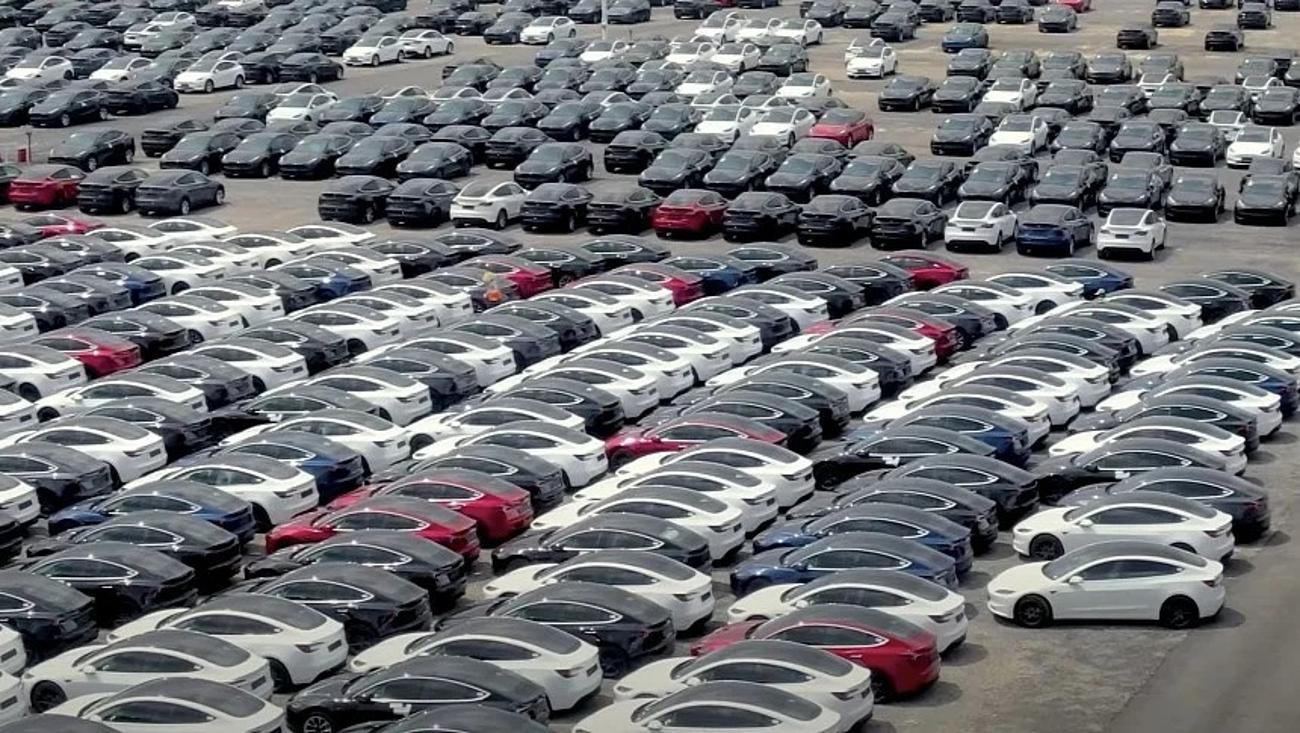
Because of these impressive statistics, experts assumed that EV sales would grow by the same percentages, or even more, in 2024. However, that’s not exactly what happened. In fact, in the first quarter, EV sales didn’t increase; they decreased.
In the European market, EV sales fell by more than 10% since the first quarter of 2023. In China, the largest EV company BYD saw a 47% decrease in sales from the last quarter. And America’s favorite, Tesla, only reported 387,000 units sold as opposed to the 423,000 cars delivered in the same quarter last year.
Why Are EV Sales Dropping?

There are a few theories as to why EV sales are plummeting this year, but the most commonly accepted is that electric vehicles are simply too expensive for the average consumer.
A new electric car costs more than $60,000 in the US, and compared to a used or even some new gas-powered vehicles, that’s a significant jump in price.
China Is Offering Its Citizens Affordable EVs

Additional evidence for the hypothesis that price is the leading factor in the disappointing sales of electric vehicles can be found in China.
There are more EVs on the road in China than anywhere else by a substantial percentage. And that is most likely because electric vehicles are available at a much more affordable price point. BYD’s popular Seagull hatchback costs less than $10,000 brand new.
Tesla Is Trying to Decrease Its Prices
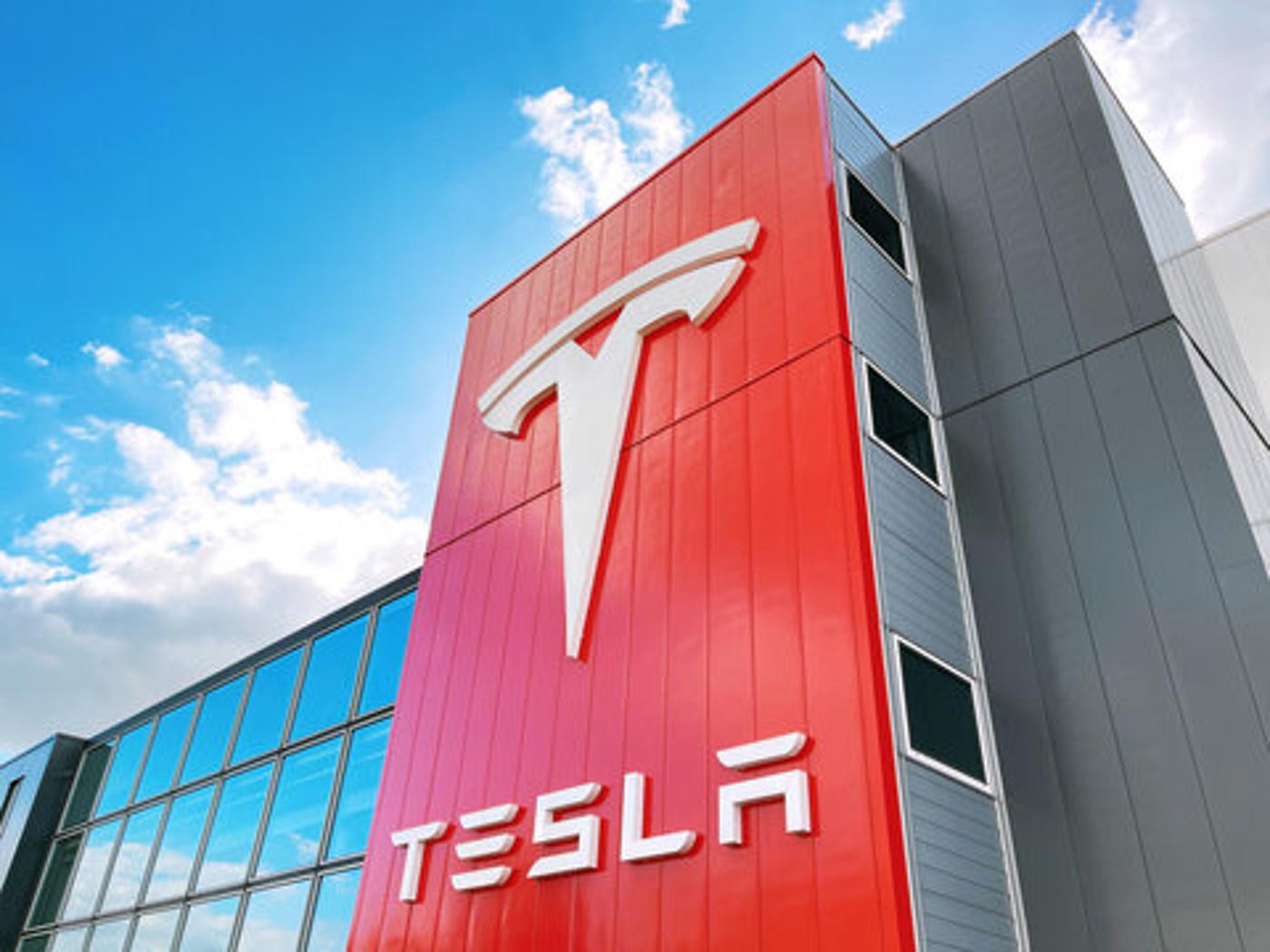
In order to increase its sales, Tesla is trying to follow BYD’s lead by reducing its prices. In April 2024, the company cut the cost of three of its five models by $2,000.
Hopefully, that will mean an increase in sales during the second, third, and fourth quarters this year. However, it’s not a guarantee.
Why Are EV Sales So Important for the Planet?

It’s important to understand that the decline in the EV market is about much more than car sales. Gas and diesel-powered vehicles make up 48% of global transport and 10% of all carbon dioxide emissions.
Because carbon emissions are directly causing the horrific side effects of climate change, reducing them is absolutely essential to the wellbeing of the planet. And switching to electric vehicles is an easy, efficient, and fantastic way to do so.
The IEA Announced a Goal of 790 Million EVs by 2050

With the pressing need to reduce carbon emissions on everyone’s mind, the International Energy Agency (IEA) reported that 790 million EVs must be on the road by 2050 to hit net zero.
But that would mean that the market continues to grow by 27% every year for the next 26 years. And since that clearly isn’t happening, many are wondering if the world’s governments need to step in.
Politicians Want Cheaper EVS, but They Have Concerns
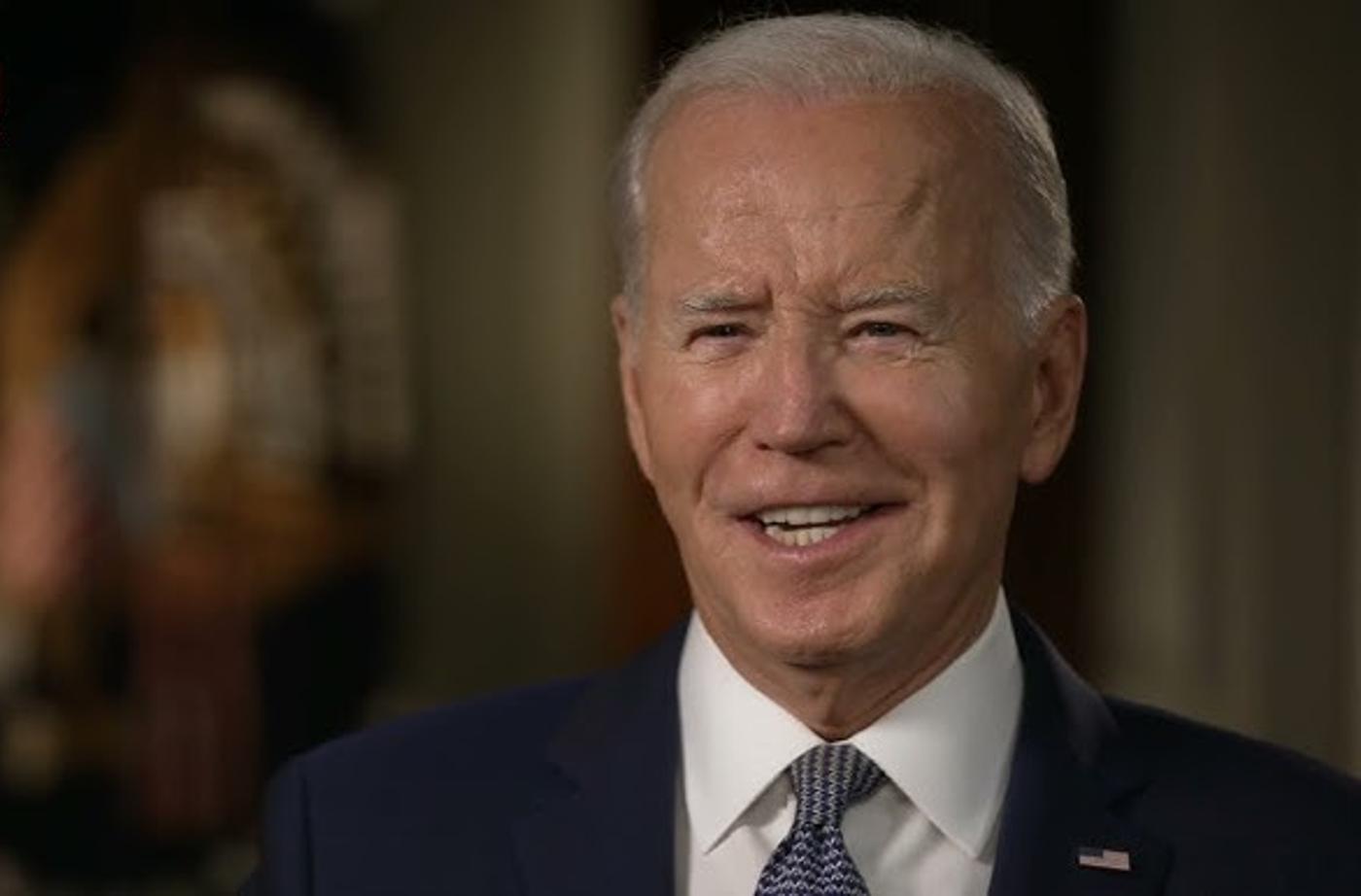
The world’s greatest leaders are certainly aware that encouraging their citizens to purchase EVs would have a significant impact on their nation’s fossil fuel emissions. They also understand that one of the easiest ways to increase sales is to ensure low prices, but it’s not that simple.
Many leaders, such as US President Joe Biden, also want to ensure the existing auto manufacturing industry and the millions of jobs it creates stay afloat. If he were to slash the price of EVs, it would lead to massive layoffs, company closings, and maybe even an economic crisis.
Biden Is Increasing the Cost of Chinese EVs in the USA
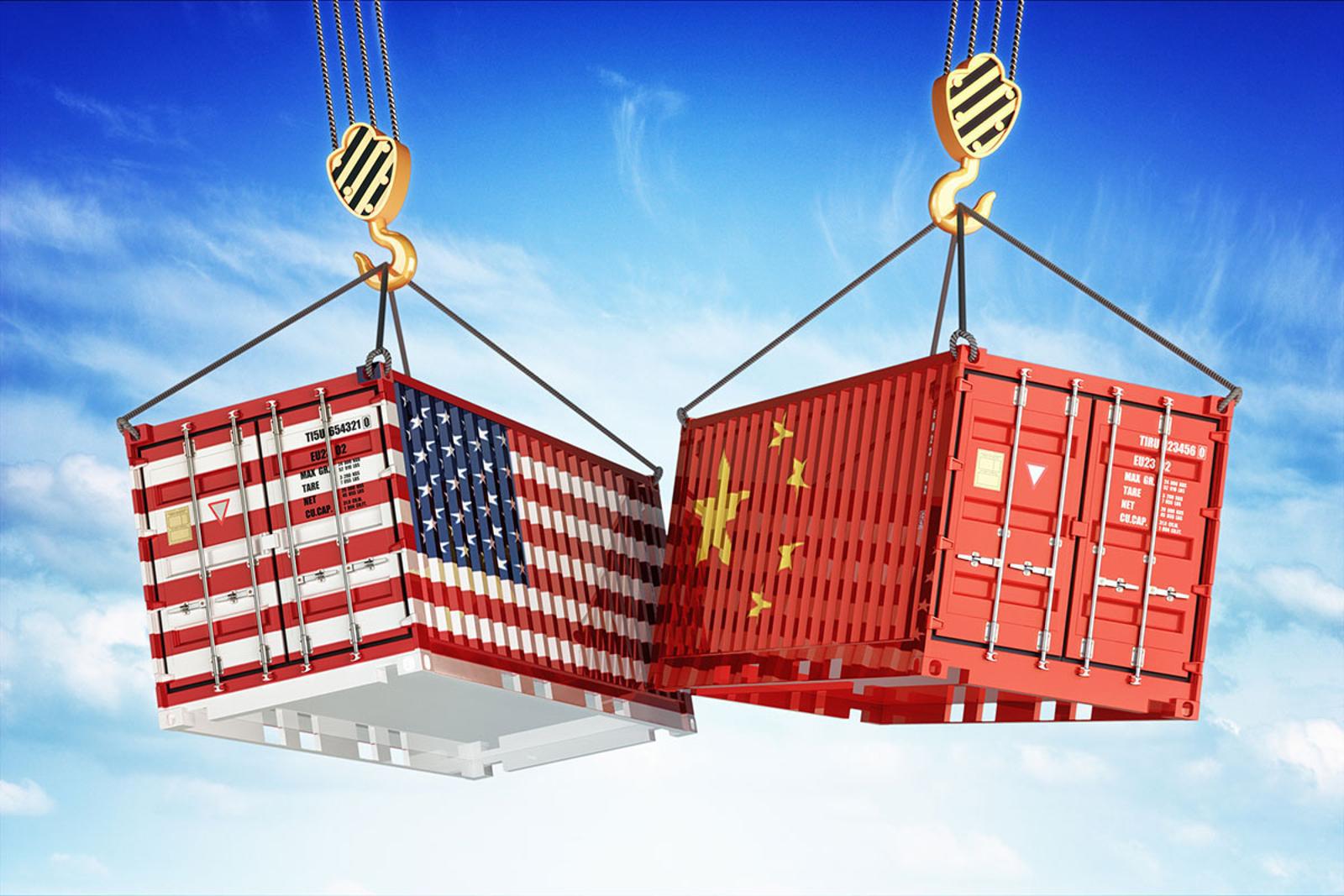
One way in which President Biden is attempting to protect the American auto industries, including both the electric and gas-powered manufacturers, is to impose a 100% tariff on all EV imports from China.
However, this law directly ensures that millions of Americans won’t be able to purchase EVs from China at a significantly lower price point. And as the price is a potent deterrent to purchasing an EV, that means fewer electric cars on the roads.
Trump and Biden Are Finally on the Same Page
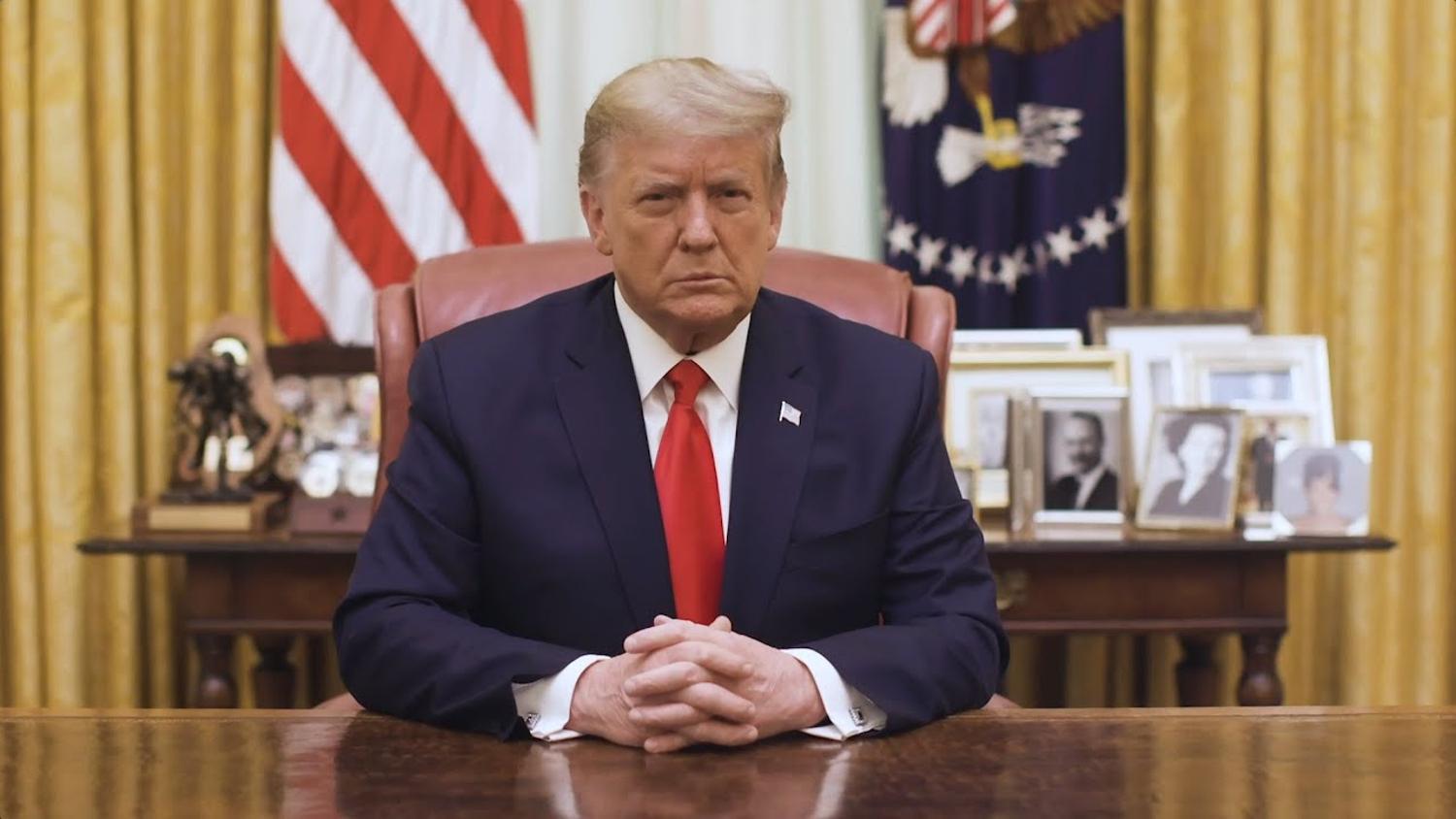
Of course, President Biden may only be in the White House for another few months, as the US presidential election is right around the corner.
But while it’s nearly impossible to find anything that Biden and his competition, former president Donald Trump, have in common, the tariff on Chinese imports is actually one of them. Trump already said that if he wins the Oval Office in November, he will be increasing trade tariffs. So, it seems no matter who is the president next year, buying an EV from China will cost Americans a fortune.
Will the World’s Governments Start Enforcing EV Sales?

On the other hand, Biden has passed several pieces of legislation that don’t just encourage but actually enforce EV manufacturing and sales throughout the US. He, like many other environmentalists, hopes that this will be enough to ensure the country transitions to electric, even if the prices don’t decrease.
However, Biden has received significant backlash for this plan, even if it does have the capacity to make a large dent in the country’s carbon emissions. At this point, governments around the world are going to have to make some tough choices; they can pass laws that enforce EV sales, substantially lower the prices of new EVs, or leave the industry alone and hope for the best.
